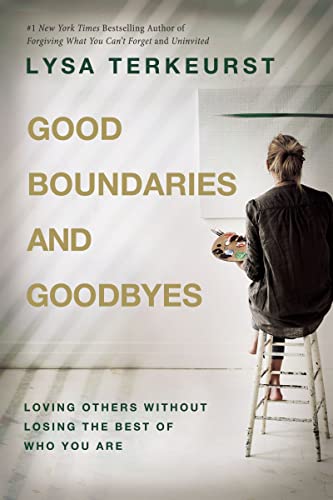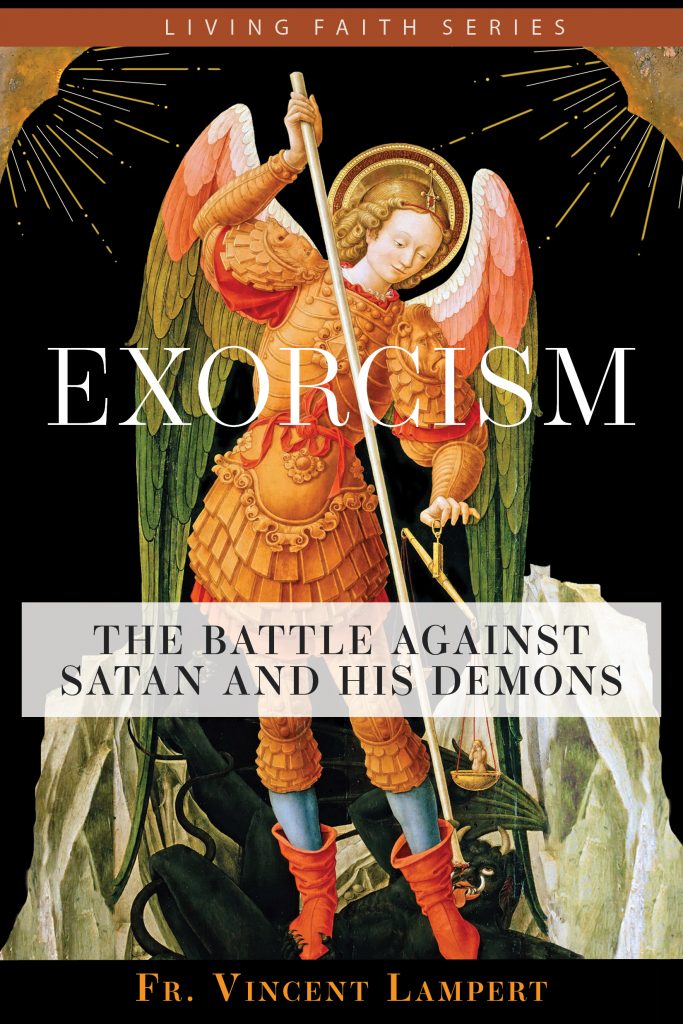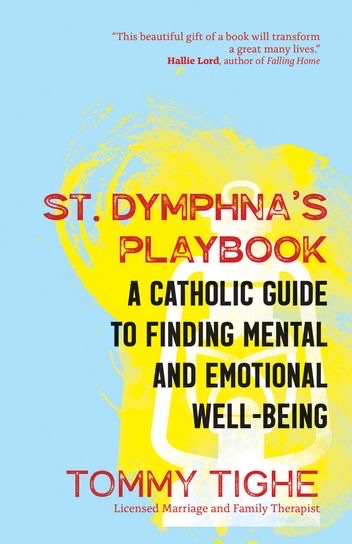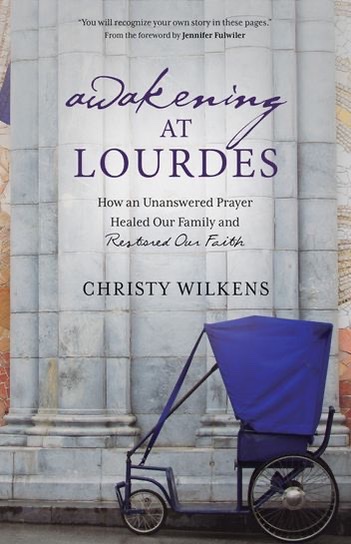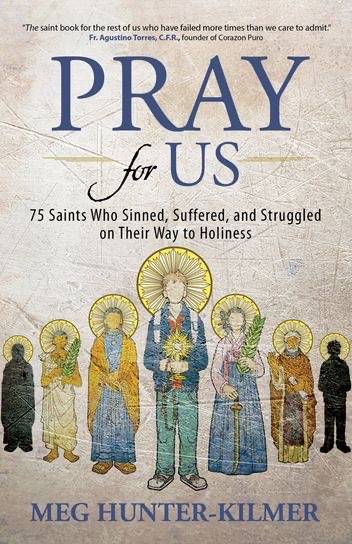This is my column that appears in this week’s print edition of The Catholic Post.
——-
Most people understand that health is a lifelong practice on a physical level—you don’t “get healthy” once and then abandon the healthy habits that led to it, such as as eating well, getting adequate sleep, exercise, and reducing stress. Our bodies, our lives, are gifts from God, and as disciples, we are called to take care of them.
We can always be learning new things about health. But two things are key to remember:
- Just reading about healthy habits doesn’t make you healthy. You have to put them into practice.
- There are great, good, and bad (or at minimum less than helpful) sources of advice. We are each responsible for sifting what is good from what is bad involves discernment.
These principles are just as true — even more so — for our mental health. And an important mental health habit is having good boundaries—healthy limits on our relationships, ourselves, and on our interactions with others.
A boundary can be as simple as saying no to a volunteer commitment (often something good!) to prevent burnout or overextending yourself. It can also be as complicated as putting limits on time spent with a coworker or friend who refuses to or ignores clearly articulated requests.
“Boundaries” are often misunderstood (and misused), especially in our current time of mental health gurus with questionable authority. A new book, Good Boundaries and Goodbyes: Loving Others Without Losing the Best of Who You Are by Christian author Lysa TerKeurst, explores the concept of boundaries from a Christian and mental health perspective.
Good Boundaries and Goodbyes persuasively makes the case that learning to be healthier about boundaries is good not just for our emotional wellbeing, but honoring to God and neighbor.
But that doesn’t make boundaries easy! Far from it. And Terkeurst writes from experience.
She went through a painful divorce after years of her spouse’s addiction issues. Processing her grief during and after helped her realize she lacked healthy boundaries not just in marriage, but in friendships and other relationships.
Good Boundaries and Goodbyes explores what boundaries are, how to understand them, and how to implement them in various situations.
While Terkeurst is not Catholic, nothing in the book is contrary to Catholic teaching. And I appreciated her faith-based perspective, her emphasis on Scripture verses throughout, and her exploration through Scripture of the ways God enacts boundaries with humans as a way to protect and preserve relationships.
“I know part of what makes this complicated is that usually by the time we realize we need boundaries, we are carrying hurt,” Terkeurst writes. “Boundaries aren’t meant to be weaponized. They are meant to be used to prioritize keeping relationships safe.”
Several features makes Good Boundaries and Goodbyes stand out: a section at the end of each chapter called “Let’s Live This,” with Scripture verses to ponder, key quotes to remember, questions for personal reflection, and prayers.
The book also includes multiple sidebars of careful explanation of topics from TerKeurst’s Christian therapist, Jim Cress.
Especially useful is a section at the end of the book containing Q&A style explanations and sample “scripts” in refuting objections to boundaries and the Scriptural and psychological principles that undergirds them.
I’ve written often about how caring for our mental health is vital in living out a full, abundant life. Simply being Catholic or practicing our faith does not guarantee the absence of mental health struggles. We need to educate ourselves, and do the hard work of putting what we learn into practice. Good Boundaries and Goodbyes makes that work a little easier.
